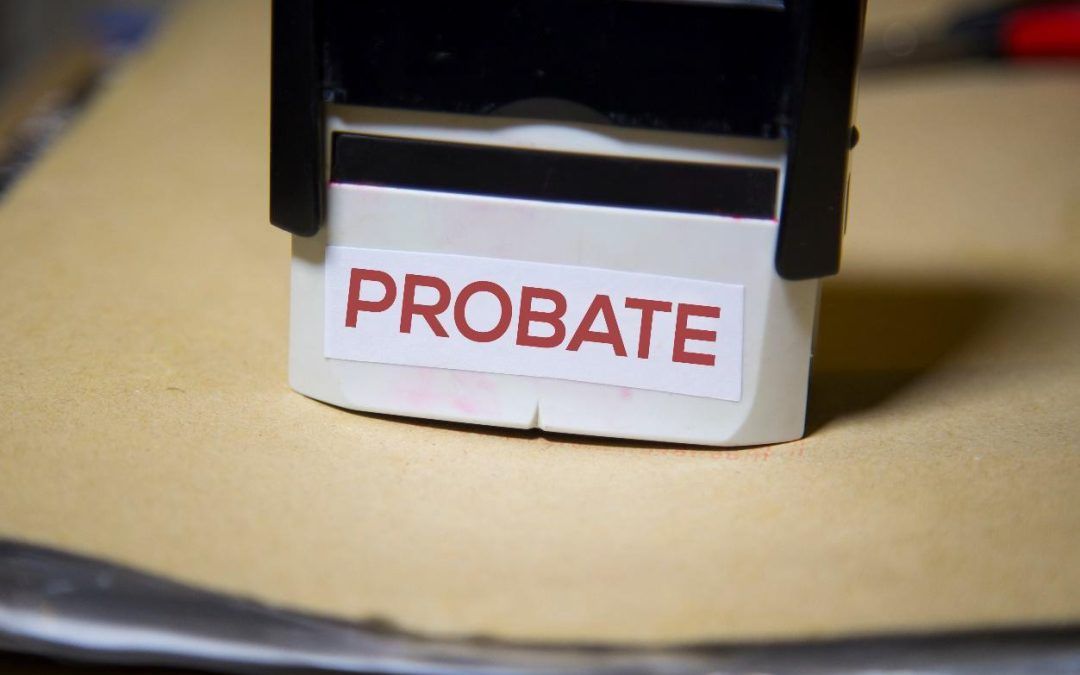Probate is a complex legal process that often costs time and money, making it a dreaded undertaking for many. However, the extended grief felt by families and heirs when their loved one’s estate fails to get resolved can be devastating and prevent them from much-needed closure and emotional recovery.
Forcing the probate process might be an option if the executor isn’t taking the necessary actions to settle the estate. This won’t be the best solution for everyone, but if you are interested in pursuing forced probate, you will need a good probate attorney to achieve this. The Werner Law Group has a team of estate law and probate experts ready to help when you decide you’ve waited long enough.
What’s the Deal with Probate in Texas?
The general definition of probate is a legal procedure in which the estate of someone who has passed away is settled by distributing assets and paying debts. This process is easier when a will is involved (“probate” is often referred to as a “determination of heirship” when a will is not involved), but even then, probate is not considered an enjoyable experience. It is often filled with confusion, stress, and overwhelming emotions.
A will often outlines the details of how the person’s estate should be handled, including the naming of someone to act as executor. When someone dies intestate, meaning without a will or estate plan, the probate court will appoint someone to act as administrator. The court takes this action because having a responsible, named individual is such an important role in the probating of an estate.
What Role Does an Executor Play?
The executor will be in charge of almost every facet of estate settlement and probate. Some of the tasks they will be carrying out include:
- Initiating probate;
- Inventorying assets;
- Notifying creditors and beneficiaries;
- Paying debts;
- Selling real estate; and
- Filing taxes.
The executor must follow the wishes of the decedent as outlined in the will or other estate planning documents. However, if they fail to carry out their duties, legal recourse may be available.
How Can Probate be Forced?
Filing a citation can force an executor to carry out the required tasks and risk removal from the role if they do not comply. If, after filing a citation, the executor does not act and they are removed, another executor will need to be named by the court.
There are many reasons why an executor might fail to uphold their duties. This role is time-consuming and can be difficult (especially in large estates), and perhaps the person that was chosen was not fit for the job. Other times it is simply because the executor does not know what is expected of them and they fail to complete the tasks successfully. Regardless of the reasons, the result is the same – extended grief and stress for loved ones.If your family member’s estate is not being taken care of appropriately or timely, and you wish to force probate, The Werner Law Group has the expertise to help you. Don’t wait any longer for closure; text Leslie at 361-648-6888 for assistance any day of the week.
Note: Texas law requires executors of an estate to be represented by an attorney. The Werner Law Group handles probate and heirship cases statewide and many of our clients live outside of the state of Texas. Our probate department is open seven days a week and works seamlessly with our remote clients.

